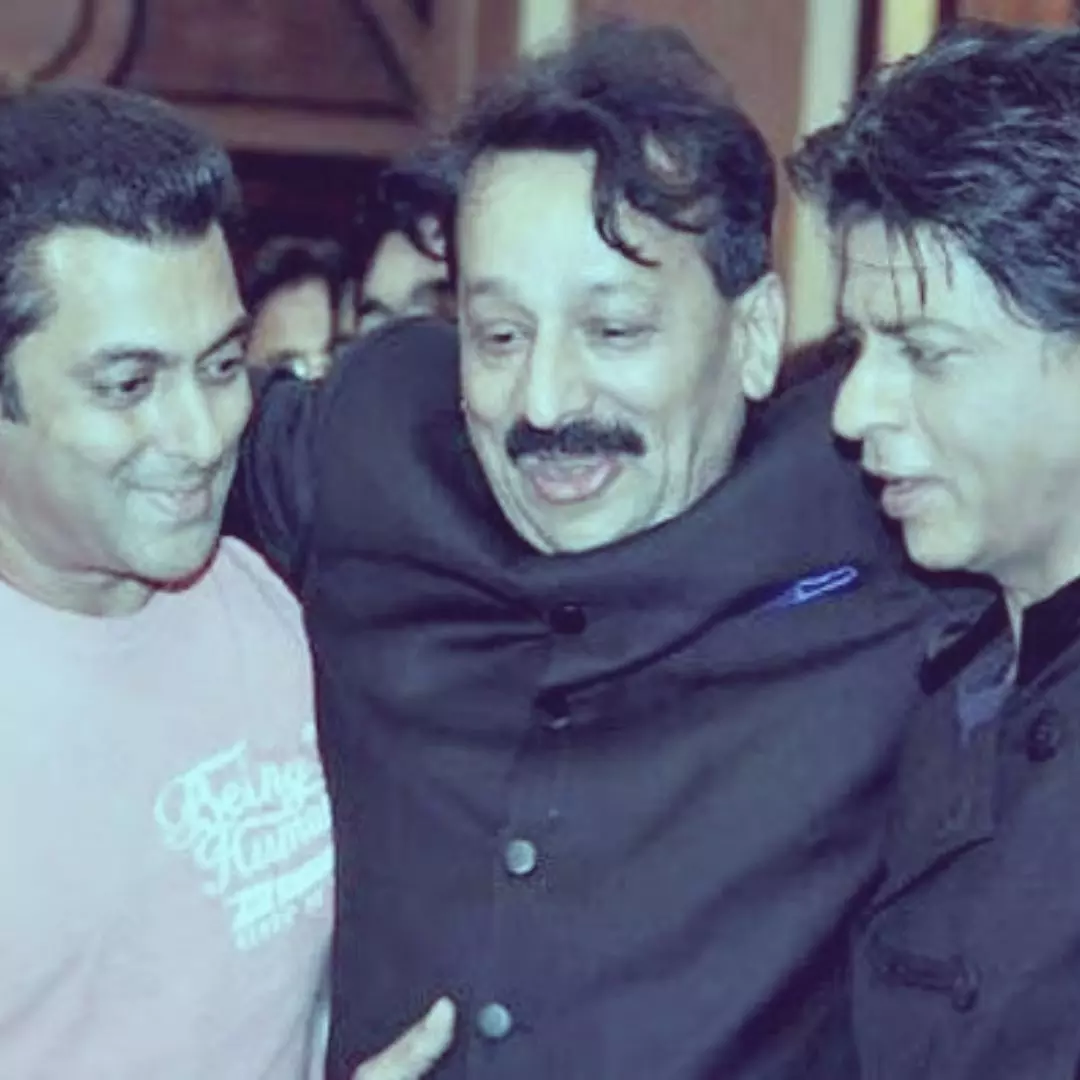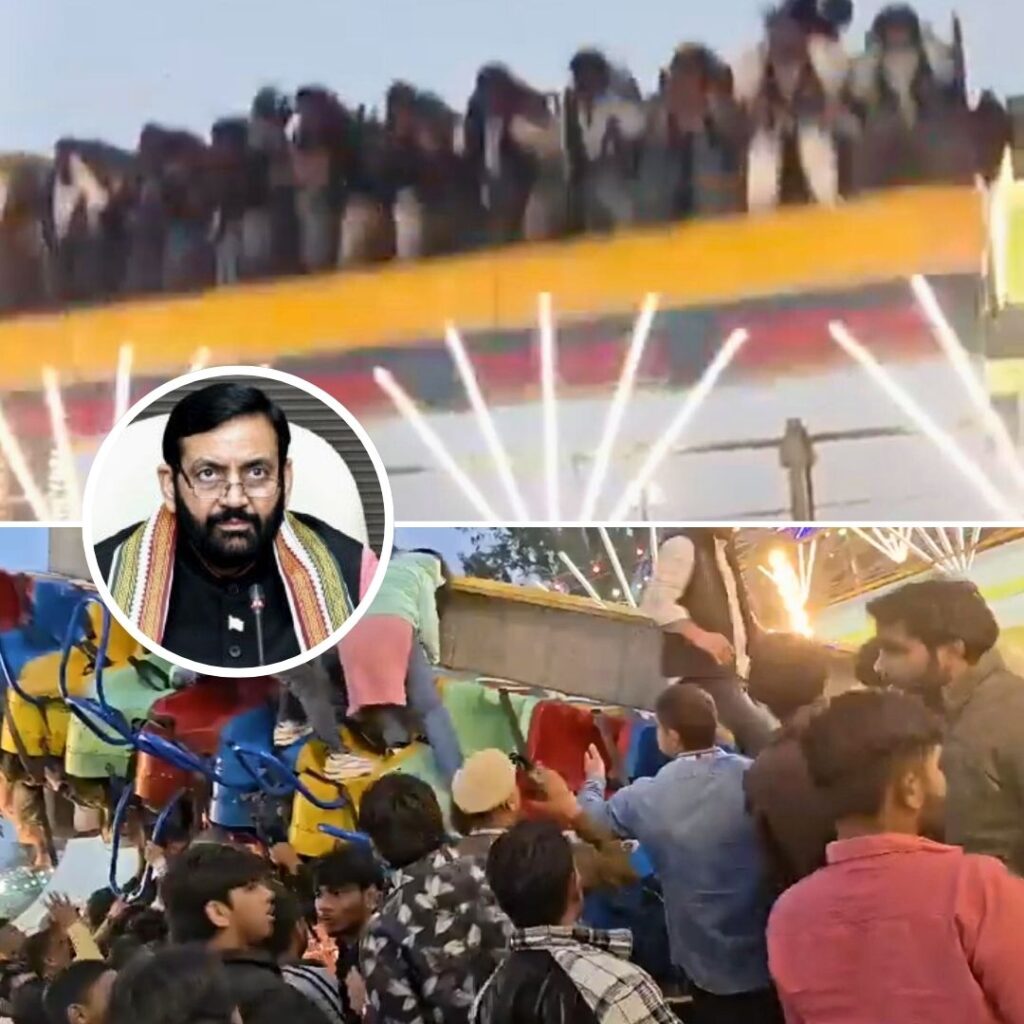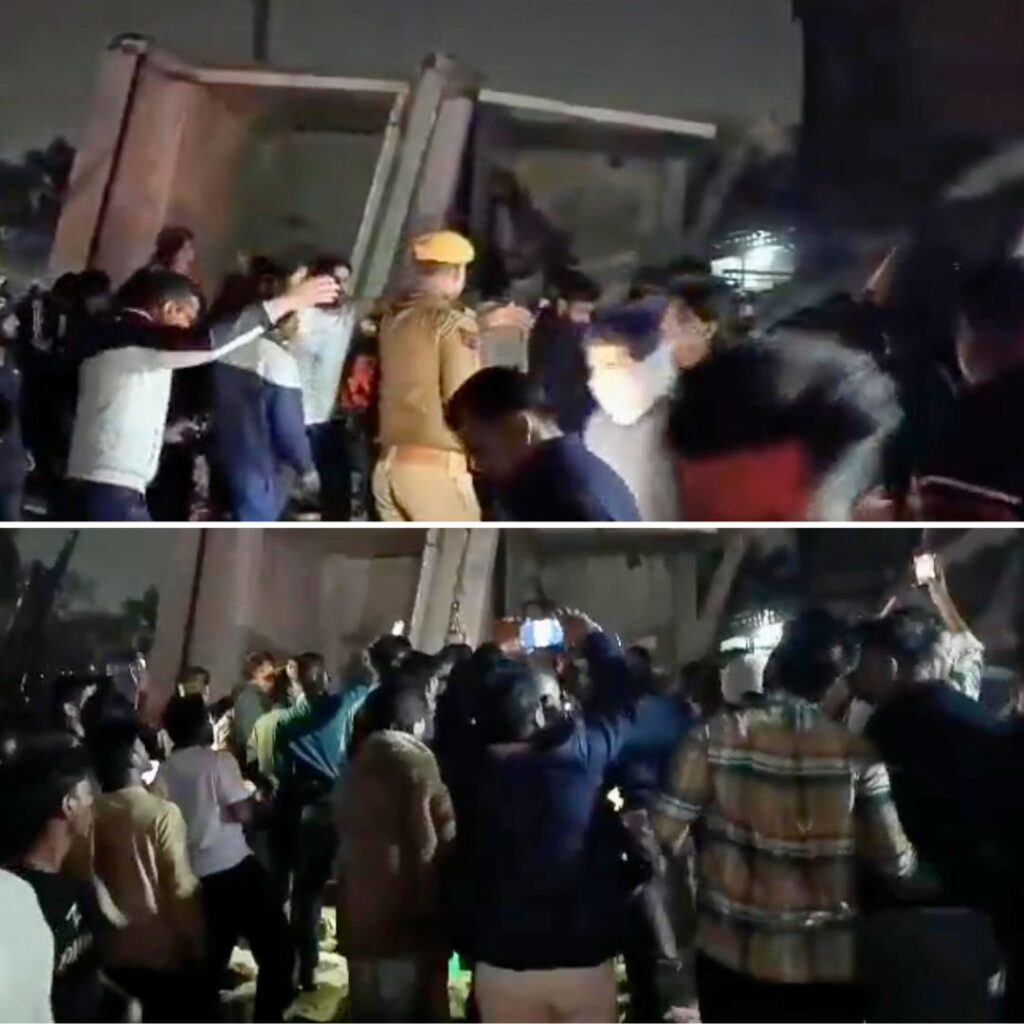NCP leader and former Maharashtra minister Baba Siddique was shot dead by unidentified assailants in Bandra East, Mumbai, on October 12, 2024. The attack occurred near his son Zeeshan Siddique’s office, where he sustained multiple gunshot wounds and was rushed to Lilavati Hospital, but succumbed to his injuries shortly after. Two suspects are currently in custody as police investigate the motive behind the attack. This tragic incident has shocked the political community and raised concerns about safety in the lead-up to the upcoming Maharashtra Assembly elections.
Details of the Incident
Baba Siddique, aged 66, was shot multiple times by three attackers outside his son’s office in Bandra East. Eyewitnesses reported hearing several gunshots around 6 PM. He was immediately transported to Lilavati Hospital, where he was reported to be in critical condition. Despite medical efforts, he passed away shortly after arrival. The police have detained two individuals for questioning, and investigations are underway to determine the motives behind this violent act. NCP spokesperson Brijmohan Shrivastav expressed shock, noting that Siddique had not indicated any threats prior to the incident.
Background Context
A prominent figure in Maharashtra politics, Baba Siddique served as a three-time MLA from Bandra West and held the position of Minister of State for Food and Civil Supplies from 2004 to 2008. He recently switched from Congress to join the Ajit Pawar faction of the NCP earlier this year. This transition came ahead of significant political shifts in Maharashtra, including upcoming assembly elections. The shooting coincides with a tense political climate, raising alarms about violence as factions vie for power.
The Logical Indian’s Perspective
The tragic assassination of Baba Siddique underscores a growing concern regarding political violence and public safety in India. As we reflect on this incident, it is crucial to foster dialogue and promote peaceful coexistence among political entities. Violence has no place in our democratic processes; instead, we should advocate for empathy and understanding across party lines. How can we work together as a society to ensure such tragedies do not recur? Your thoughts and comments are welcomed as we navigate these challenging times.











